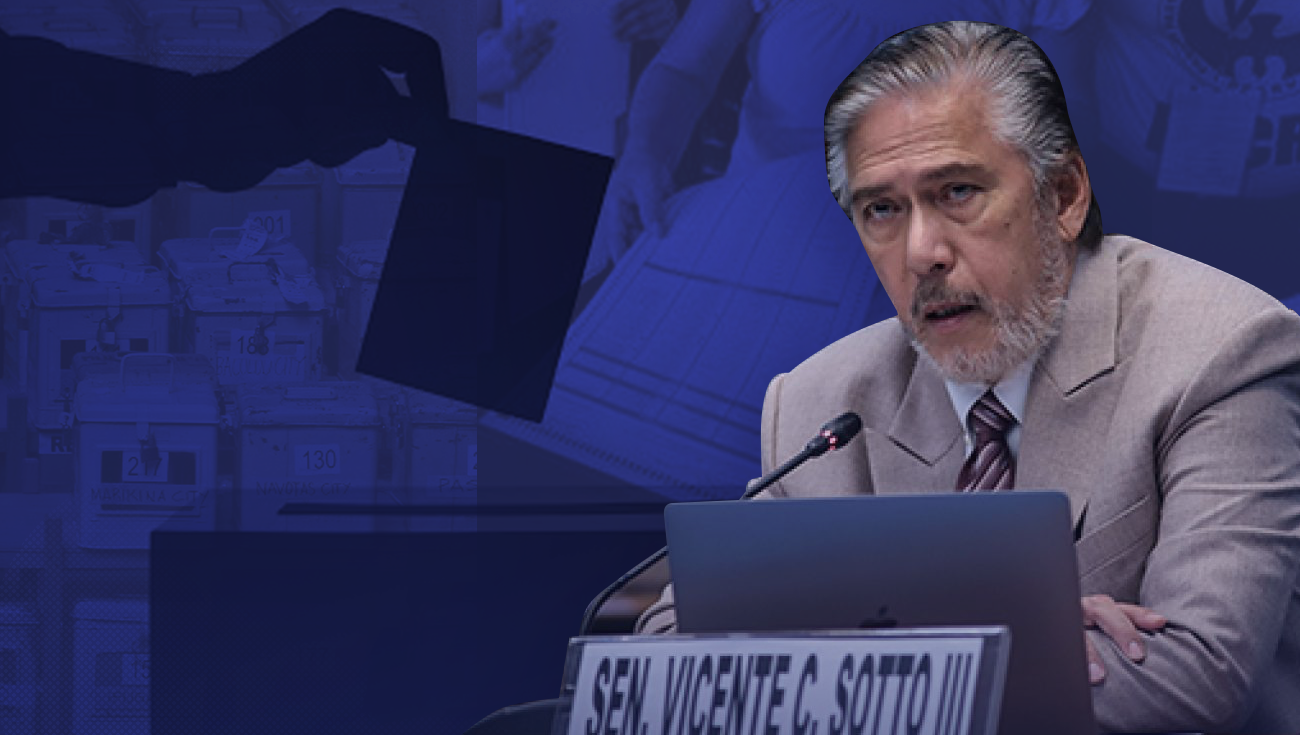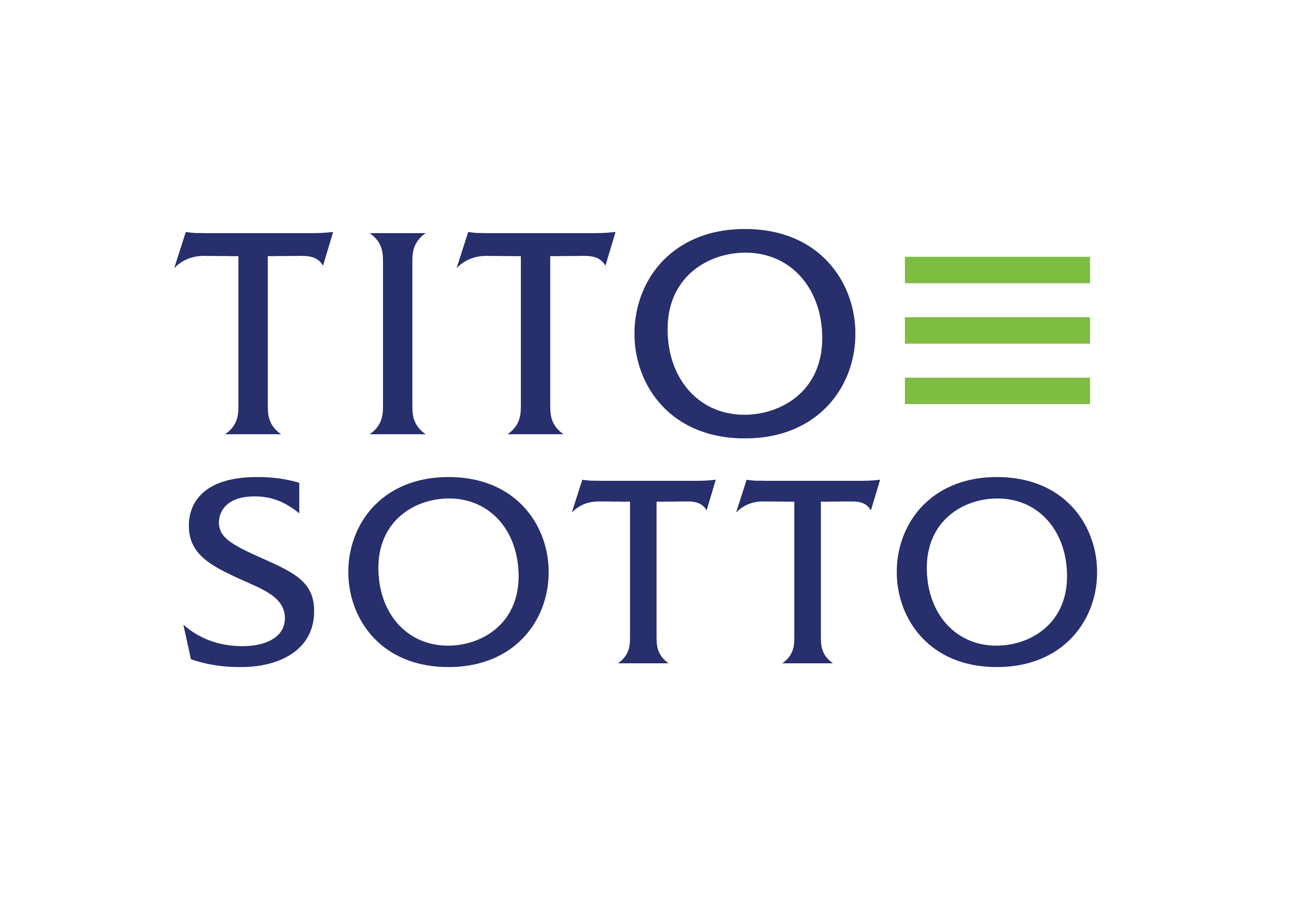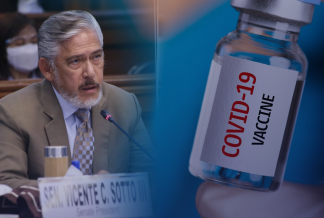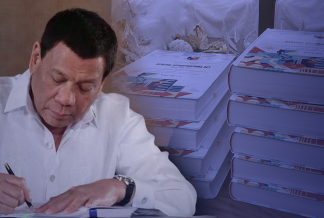
Bill for hybrid elections in 2022 is delayed in Senate
October 28, 2020 06:54 PM
The Hybrid Election Act filed by Senate President Vicente "Tito" Sotto III faces a delay due to Senate's tight schedule.
"This mode will strengthen the integrity of the elections and forego with the issues like early and inaccurate transmission of votes."
The Hybrid Election Act filed by Senate President Vicente "Tito" Sotto III faces a delay in the Senate.
The bill pushes for a polling system that will combine manual voting and counting at the precinct level, and electronic transmission and canvassing.
Sotto declared Senate Bill No. 7 or the Hybrid Election Act as a priority measure in July.
“The mixed mode is aimed at ensuring credible, accurate, and transparent elections,” Sotto said.
Difficult to pass within the year—Marcos
Head of the Senate Committee on Electoral Reforms and People’s Participation (Electoral Reforms), Sen. Imee Marcos said that hybrid elections are unlikely to take place in 2022 since the Senate will be working on a tight schedule.
The proposal has been put on hold due to more urgent measures.
"Na-delay lahat sa COVID, at ngayon nakatutok tayo hanggang Deccember sa budget ng 2021. Gipit ‘yong January," said Marcos.
(Everything was delayed because of COVID, and now, we're focusing on the 2021 budget until December. Not enough time for January)
Bill hasn't reached plenary yet
When the Senate resumes on November 9 after their break, they expect to be laden with several prioritized legislation, such as the P4.5-T national budget for 2021, the Corporate Recovery and Tax Incentives for Enterprises (CREATE) Act, and the Financial Institutions Strategic Transfer (FIST) bill—both of which are certified as urgent by the President.
The pending Hybrid Election Act has yet to be endorsed for Senate plenary. If the bill is not passed by January 2021, the new system cannot be implemented in the 2022 elections, according to COMELEC Chair Sheriff Abas.
The Senate President emphasized the need for change in the country's current polling system by citing a report from the National Citizens' Movement for Free Elections in 2016 wherein the automated selection system was compromised due to the intrusion of an illegitimate transparency queue server as the system was receiving data during the national elections.
Sotto believes that the combination of manual and digital processes will prevent discrepancies in future polls.
"This mode will strengthen the integrity of the elections and forego with the issues like early and inaccurate transmission of votes,” he said.



